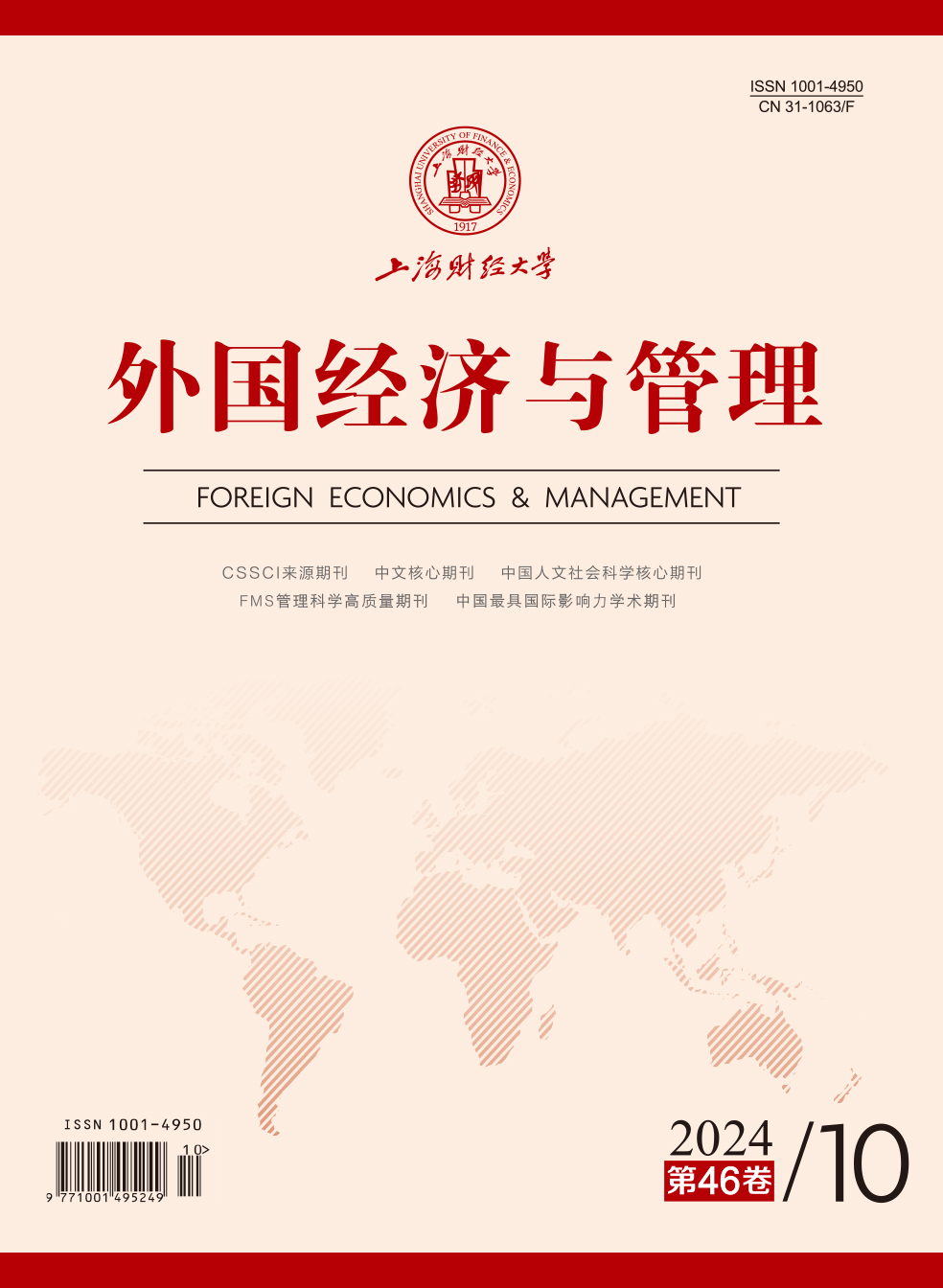本文从第三方社会感知视角切入,基于创造力评价的归因理论探究员工使用生成式人工智能如何影响同事对其的创造力评价及合作意愿。本文开展了一项情景实验研究和一项质性访谈研究来检验第三方员工对人工智能使用者持有“创新偏见”的后果与机制。研究结果表明:相较于不使用生成式人工智能的员工,同事对使用生成式人工智能的员工持有更低的创造力评价,进而降低与之合作的意愿;这一“创新偏见”可能受到个体关于生成式人工智能如何影响人类创造力的观念影响。本研究揭示了在组织情境中使用生成式人工智能的消极社会信号与人际后果,为员工个人及组织应用此项新技术时的决策提供实践启示。
使用生成式人工智能对员工创造力评价的影响
摘要
参考文献
2 Argyle M. Cooperation: The basis of sociability[M]. London: Routledge, 1991.
3 Caporusso N. Generative artificial intelligence and the emergence of creative displacement anxiety[J]. Research Directs in Psychology and Behavior, 2023, 3(1): 9.
4 De Cremer D, Kasparov G. AI should augment human intelligence, not replace it[J]. Harvard Business Review, 2021, 18: 1.
5 Dehouche N. Plagiarism in the age of massive Generative Pre-trained Transformers (GPT-3)[J]. Ethics in Science and Environmental Politics, 2021, 21: 17-23. DOI:10.3354/esep00195
6 Eshraghian J K. Human ownership of artificial creativity[J]. Nature Machine Intelligence, 2020, 2(3): 157-160. DOI:10.1038/s42256-020-0161-x
7 Hohenstein J, Kizilcec R F, Difranzo D, et al. Artificial intelligence in communication impacts language and social relationships[J]. Scientific Reports, 2023, 13(1): 5487. DOI:10.1038/s41598-023-30938-9
8 Jia N, Luo X M, Fang Z, et al. When and how artificial intelligence augments employee creativity[J]. Academy of Management Journal, 2024, 67(1): 5-32. DOI:10.5465/amj.2022.0426
9 Kahneman D. Thinking, fast and slow[M]. New York: Farrar, Straus and Giroux , 2011.
10 Kasof J. Explaining creativity: The attributional perspective[J]. Creativity Research Journal, 1995, 8(4): 311-366. DOI:10.1207/s15326934crj0804_1
11 Katz J H, Mann T C, Shen X, et al. Implicit impressions of creative people: Creativity evaluation in a stigmatized domain[J]. Organizational Behavior and Human Decision Processes, 2022, 169: 104116. DOI:10.1016/j.obhdp.2021.104116
12 Koseoglu G, Breidenthal A P, Shalley C E. When perceiving a coworker as creative affects social networks over time: A network theory of social capital perspective[J]. Journal of Organizational Behavior, 2023, 44(8): 1183-1203. DOI:10.1002/job.2737
13 Lin N. Social capital: A theory of social structure and action[M]. Cambridge: Cambridge University Press, 2001.
14 Lu J G. A creativity stereotype perspective on the Bamboo Ceiling: Low perceived creativity explains the underrepresentation of East Asian leaders in the United States[J]. Journal of Applied Psychology, 2024, 109(2): 238-256. DOI:10.1037/apl0001135
15 Noy S, Zhang W. Experimental evidence on the productivity effects of generative artificial intelligence[J]. Science, 2023, 381(6654): 187-192. DOI:10.1126/science.adh2586
16 Peres R, Schreier M, Schweidel D, et al. On ChatGPT and beyond: How generative artificial intelligence may affect research, teaching, and practice[J]. International Journal of Research in Marketing, 2023, 40(2): 269-275. DOI:10.1016/j.ijresmar.2023.03.001
17 Proudfoot D, Fath S. Signaling creative genius: How perceived social connectedness influences judgments of creative potential[J]. Personality and Social Psychology Bulletin, 2021, 47(4): 580-592. DOI:10.1177/0146167220936061
18 Zhang X A, Liao H Y, Li N, et al. Playing it safe for my family: Exploring the dual effects of family motivation on employee productivity and creativity[J]. Academy of Management Journal, 2020, 63(6): 1923-1950. DOI:10.5465/amj.2018.0680
引用本文
梁宇畅, 何刚, 金孟子. 使用生成式人工智能对员工创造力评价的影响[J]. 外国经济与管理, 2024, 46(10): 71-88.
导出参考文献,格式为:
下一篇:技术转移价值创造研究综述与展望





 6436
6436  14194
14194

